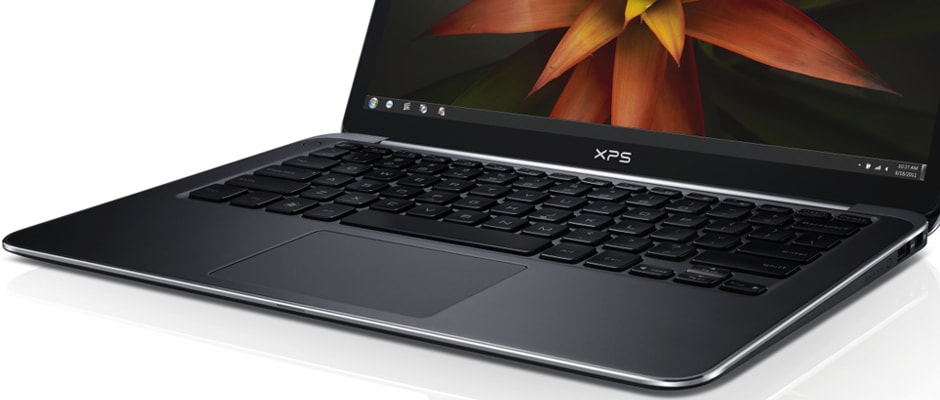 Credit:
Credit:
Products are chosen independently by our editors. Purchases made through our links may earn us a commission.
Introduction
The original purpose of laptops was to have a computer you could take on the go with you. Some current generation laptops have strayed from their roots while others have stayed the course. When looking for a laptop to take on the road there are three main criteria you should take into consideration: portability, battery power, and sturdiness.
Today’s society is always on the move and lugging around a heavy laptop will just slow you down. Ultrabooks are by definition, made to be portable. Design specifications published by Intel say that an Ultrabook can be no thicker than 2.1 cm and no heavier than 3.3 pounds. The trade off is that Ultrabooks generally have less features and processing power. Most important to scrutinize is the decreased battery life. Being constantly on the road may mean being away from an outlet.
Battery life stems from two factors: life of the actual batter and the machine’s efficiency. The life span of rechargeable batteries, like those found in laptops, is measured in the number of cycles that the battery can go through before it dies. The long the laptop can last on a single charge, the fewer recharge cycles it has to go through. How long a battery can last on a single charge depend on the internal components and power settings of the laptop. The rule of thumb is the more powerful the components like the CPU and display, the more quickly the battery drains. Again, there is a trade off, the higher the performance, the shorter the battery life.
Neither, size or battery life matters that much if your laptop breaks while you’re traveling. As technology gets more complicated, it has often gotten more fragile. To push back, some laptop manufactures have made more sturdy products. Features like roll cages and cushioned ventral sides have made some laptops more resistance to damage.
